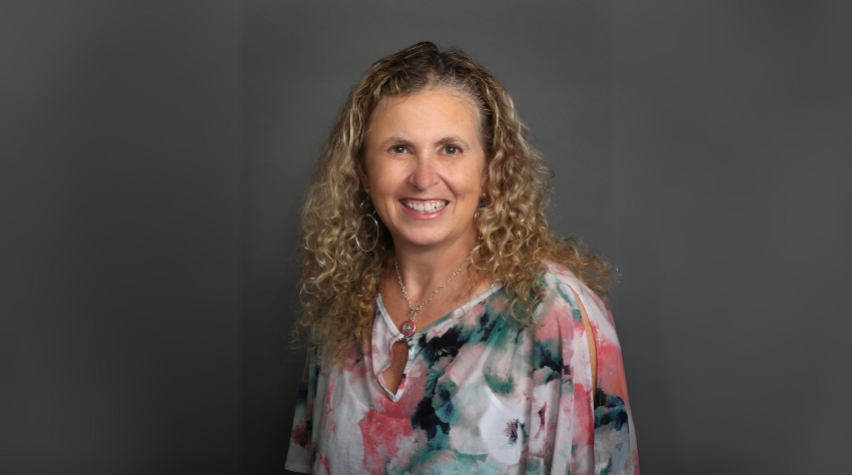
IDEAL stands for inclusion, diversity, equity, anti-racism, and learning, but it is much more than an acronym. It is a movement committed to driving action, by opening doors and eliminating barriers to advancement for people of diverse backgrounds and experiences. In keeping with AIChE’s recent adoption of the IDEAL Statement, the IDEAL Featured Session: A Conversation on Equity, Diversity, and Inclusion will bring together leaders in industry and academia that embody the IDEAL Principles. These leaders will offer critical perspectives to address the importance of early adoption of equity, diversity, and inclusion efforts so that these principles can take root and last in the professional setting.
We sat down with Lori McDowell, CEO of LMcDowell Inc. and Strategic-Partner with Schooley Mitchell, and session chair of this year’s IDEAL Featured Session. This session will take place on Monday, November 6, in Orlando during the 2023 AIChE Annual Meeting.
Why are the IDEAL Principles important, maybe now more than ever?
The IDEAL Principles hold immense significance, particularly in the context of geopolitics today, where all individuals may not always feel accepted and welcome. The IDEAL Principles of inclusion, diversity, equity, anti-racism, and learning are pivotal for promoting social cohesion and progress. IDEAL Principles can serve as a unifying framework, transcending differences and fostering dialogue among various communities. This is key in the chemical engineering community where diverse skills, education, and backgrounds are common. The backbone of IDEAL is to promote inclusive communities that welcome individuals from all backgrounds, promoting a sense of belonging.
How might application of the IDEAL Principles differ between academia and industry?
In academia, the focus may be on promoting diversity among students, faculty, and researchers, fostering inclusive classrooms and research environments, and ensuring equal access to educational opportunities.
In industry, employers realize the value in creating diverse and inclusive workplaces, implementing equitable hiring and promotion practices, and addressing systemic biases within the organization. Companies also need to consider the impact of their products on diverse communities and the environment.
Resources to support IDEAL may be more limited in academia than in industry, although students may be more aware of the need for and benefits of diverse and inclusive environments. Collaboration between academia and industry is vital. Academia can contribute research on diversity and inclusion best practices, while industry can provide real-world applications and resources to support these principles.
Who should attend this panel?
This panel should be attended by everyone. Both seasoned professionals and younger members of the communities will benefit. Industry and academics will learn from a diverse panel, which should foster collaborations. While many members of affinity groups and their allies may want to attend, it is particularly important that those who are not familiar with the challenges that diverse individuals face attend as well.


